Invest Sofia Joined the Responsible Business Conduct Forum by EASME

On 20 November, the Executive Agency for Small and Medium-sized Enterprises (EASME), as the National Contact Point for Bulgaria of the Organisation for Economic Co-operation and Development (OECD), held the open info meeting Responsible Business Conduct.
The event aimed to promote the OECD Guidelines for Responsible Business Conduct and to raise awareness among Bulgarian enterprises of the opportunities and advantages of these positive practices as a prerequisite for sustainable economic growth and competitiveness in the process of internationalization. The Invest Sofia team joined the event to learn about the latest requirements and practices in the field. At the invitation of the organizers, the forum was attended by the Chief Executive Director Ph.D. Maria Hristova, the Head of the Investment Analysis Department Viktor Gusev and Radostina Belcheva – Chief Expert at the Agency.

The event was opened by Ms. Milena Stoicheva, Minister of Innovation and Growth and Ph.D. Boyko Takov, Executive Director at EASME. The opening panel “Responsible Business Conduct – a prerequisite for sustainable growth and competitive advantages” was attended by experts from the Ministry of Labour and Social Policy, the Ministry of Environment and Water, the Economic and Social Council, the Bulgarian Industrial Chamber and the Bulgarian Stock Exchange. The second discussion “CSR and ESG – Benefits and Challenges for Small and Medium Enterprises” gave voice to the experience and opinion of the business community. Representatives from the Bulgarian Industrial Capital Association (BICA), Bulgarian National Bank, UniCredit Bulbank and SAP Bulgaria participated in the discussion.
EASME, as the OECD National Contact Point, stressed during the event that standards developed in the field of environment, although not mandatory, are crucial for the competitiveness of companies in different markets and their inclusion in supply chains. In this sense, ESG and CSR standards have a direct bearing on ensuring social safety, providing guidelines for better control of air, water, soil and waste quality.
As a reminder, in addition to informing about these Guidelines, EASME serves as an out-of-court mechanism for resolving so-called “special cases” that could arise.





